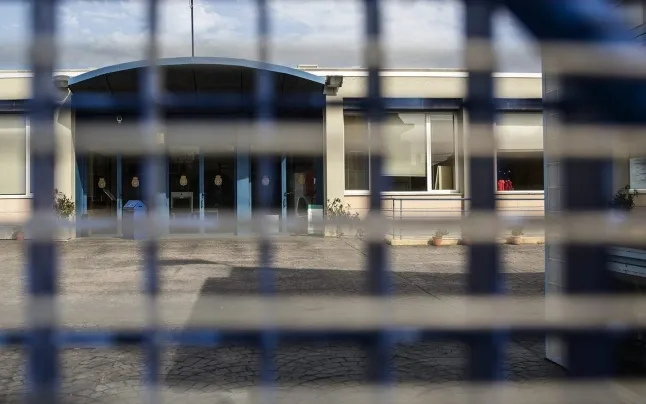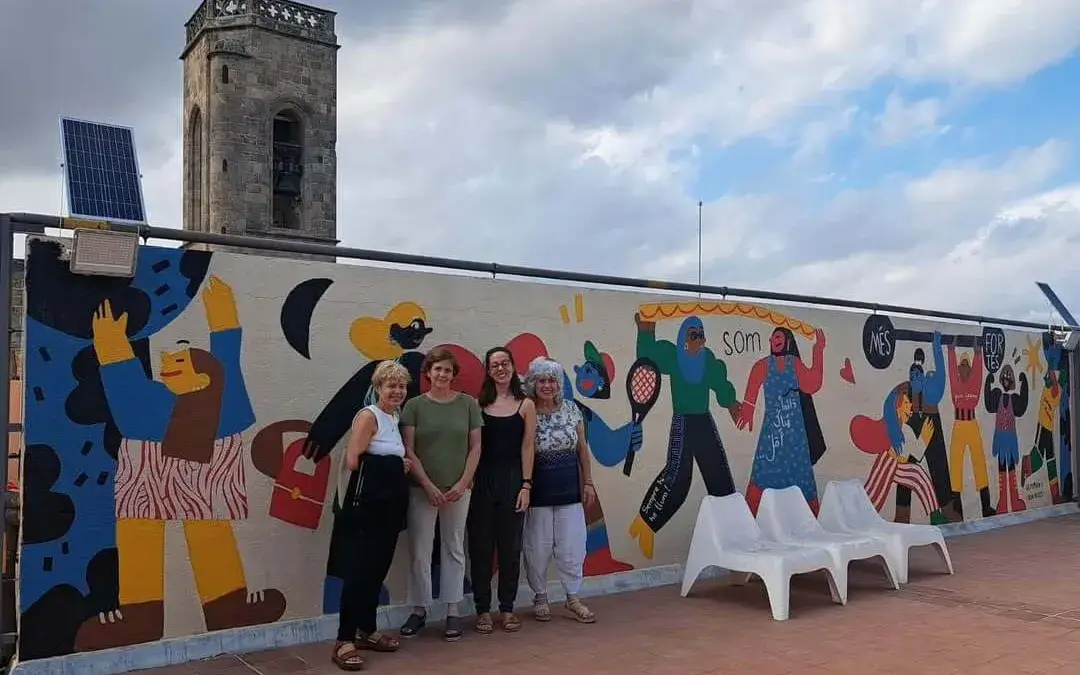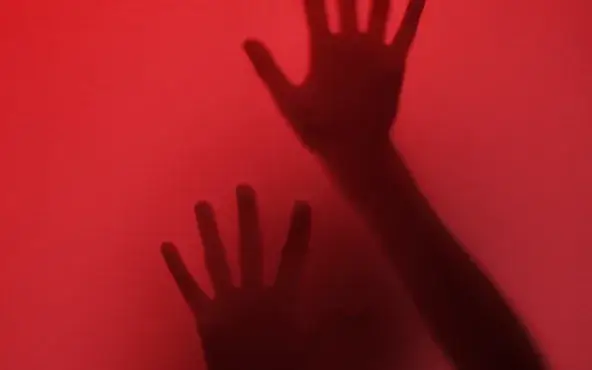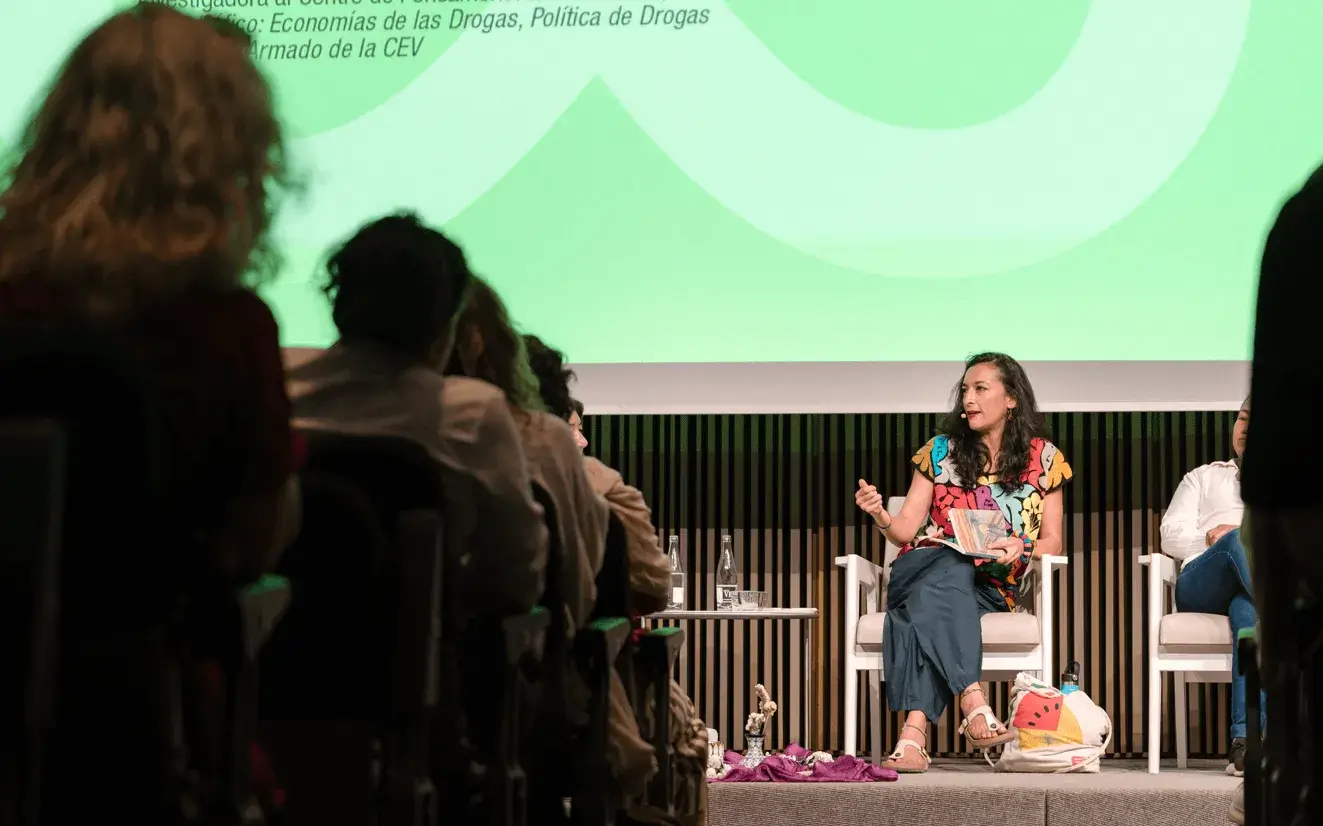Migra Studium condemns the presence of minors and disabled people in the Barcelona's Immigration Detention Centre
The CIE 2019 report published by the organisation reveals the violation of rights in the Immigration Detention Centres. A space that they claim is not only inefficient but deeply unfair.
The Zona Franca's Immigration Detention Centre (CIE, by its Spanish initials) closed its doors in mid-March due to the proclamation of the state of alarm and its consequent impossibility to deport the residents given that flights from Spain are restricted and borders are closed. Thus, the police released the residents in the centre of Barcelona after the 60 days in which they can legally stay at the CIE if the deportation is not carried out.
Nonetheless, organisations that fight for this group's rights, like Migra Studium, are concerned regarding the possibility of reoccupying the CIEs due to the de-escalation and possible reopening of the borders. Pau Vidal, CIE's project coordinator at Migra Studium says the "it not only is a useless space and extremely expensive for the contributors but also a place of injustice". With this statement, he remarks the conclusions of the CIE 2019 report published by the organisation, which condemns the violations of rights in the Zona Franca's CIE.
One of the most highlighted aspects of the report is the presence of thirty-eight potential minors and the internment of people with disabilities and psychological problems. "Year after year this has been our major concern", Vidal points out. He also condemns that people "who are later recognised as minors" are enclosed at the CIE.
Regarding people with mental illnesses and disabilities, Vidal wonders how the police force, nor the judges, nor the lawyers "are not capable of noticing that a person sent to the CIE should not be interned".
The report also stresses the right of defence and judicial protection of the residents who are seriously at stake due to very deficient judicial proceedings of many lawyers and judges. The report highlights a specific case of a lawyer who submitted a written reassessment with documentary evidence on the conflicting domestic situation in the country of origin of the asylum seeker. However, the lawyer made a mistake, since the legal and factual argumentation was referred to DR Congo instead of the Democratic Republic of the Congo. Thus, the request for reassessment was declared inadmissible.
Finally, the study shows that there have been "abundant cases in which residents claimed to have suffered a racist, degrading and intimidating treatment and even physical abuse by the National Police force. In these circumstances, Vidal explains that when these cases come to light they work closely with the entity Irídia.
He also says that the CIE 2019 report includes information based on the weekly visits made by the organisation's volunteers. "As a result of this assistance, we condemn the violation of rights", declares the project coordinator.









Add new comment